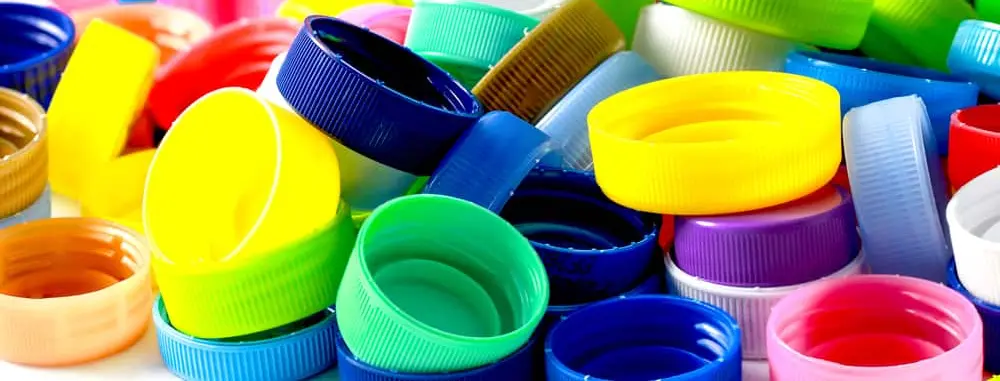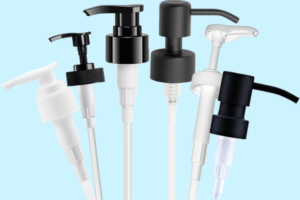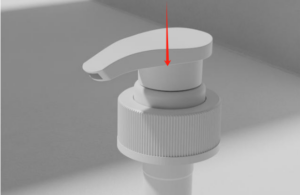Did you know your plastic bottle caps may be worth more than you think? Welcome to the lucrative world of plastic bottle cap recycling, where turning bottle caps into cash is not only possible, but a growing trend. We’ll explore the untapped potential of recycling plastic bottle caps and how it can benefit the environment and your wallet.
As people become more aware of the negative impact plastic has on the environment, recycling is more important than ever. However, many people don’t know that plastic bottle caps can also be recycled. These small pieces of plastic may seem insignificant, but if recycled correctly, they can have a big impact.
By recycling plastic bottle caps, you can help reduce the amount of plastic waste that ends up in landfills and oceans. So instead of throwing away bottle caps, consider collecting them and turning them into cash. Not only will you be doing your part for the environment, but you might also be surprised to find out how much money you can make from something as simple as a plastic bottle cap.

The Importance of Plastic Bottle Cap Recycling
In the modern world, plastic bottle consumption has become an integral part of daily life. While efforts to recycle plastic bottles receive widespread attention, the importance of recycling plastic bottle caps is often overlooked. This article aims to shed light on the environmental impact of plastic bottle cap waste and highlight the importance of incorporating bottle cap recycling into our sustainable practices.
Impact of plastic bottle caps on the environment:
Plastic bottle caps are usually made of polypropylene or polyethylene and can seriously pollute the environment. If not properly disposed of or recycled, these hats end up in landfills and oceans, posing a threat to wildlife and marine ecosystems. Their small size makes them particularly dangerous because they can be ingested by animals, causing injury or death.
Microplastic pollution:
As plastic bottle caps break down over time, they contribute to the growing problem of microplastic pollution. These tiny particles, less than 5 millimeters, can leach into soil and water, impacting ecosystems and potentially entering the food chain. By recycling bottle caps, we can reduce the release of microplastics into the environment and protect the health of the planet.
Save resources:
Recycling plastic bottle caps not only prevents environmental harm but also saves valuable resources. The production of plastic bottle caps requires large amounts of oil and energy. By recycling bottle caps, we reduce the need for new raw materials, thereby reducing the environmental footprint associated with their manufacturing.
Waste reduction and circular economy:
Integrating plastic bottle cap recycling into our waste management practices promotes a circular economy. We should not think of hats as disposable, but as something that can be turned into valuable resources through recycling. This approach minimizes the amount of waste sent to landfill, encourages responsible consumption, and helps create a more sustainable and resource-efficient system.
Microplastic pollution:
As plastic bottle caps break down over time, they contribute to the growing problem of microplastic pollution. These tiny particles, less than 5 millimeters, can leach into soil and water, impacting ecosystems and potentially entering the food chain. By recycling bottle caps, we can reduce the release of microplastics into the environment and protect the health of the planet.
How do we recycle plastic bottle caps in our daily life?
There are many ways to recycle plastic bottle caps, here are some common practices:
- Creative reuse: After collecting and cleaning the used beverage bottle caps we use daily, they can be used to make various handicrafts, such as vases, refrigerator stickers, earrings, etc.
- Classified recycling: Classify and recycle used beverage bottle caps to prevent them from being wasted or polluting the environment. Recycling stations in some areas may accept plastic waste. You can consult your local waste recycling center or garbage disposal center to learn about the relevant policies and methods for waste recycling.
- Sales: Some waste recycling companies may collect used beverage bottle caps and reprocess or sell them. You can check with your local recycling stores to see if they recycle plastic lids.
- Factory processing: If the quantity is relatively large, you can consider selling it to some renewable resource utilization factories for professional processing. These factories break bottle caps into bottle pieces and then clean them, color separate, granulate, draw and other processes, and then turn them into finished products such as sunshade nets.
Whichever method you choose, minimize plastic use and segregate waste to protect the environment.
Recyclable plastic bottle cap types
- Polyethylene (PE): A common plastic that is lightweight, flexible, and transparent. It is often used to make plastic bags, plastic wrap, bottle caps, bottles, etc.
- Polypropylene (PP): Hard and durable plastic, often used to make barrels, bottles, containers, etc., and also has good heat resistance and chemical corrosion resistance.
- Polystyrene (PS): A commonly used foam plastic with the advantages of light weight, heat insulation, shock absorption, and low cost. It is often used to make crisper boxes, cutlery boxes, thermos cups, etc.
- Polyethylene terephthalate (PET): A common transparent plastic with the advantages of light weight, transparency, high temperature resistance, and chemical corrosion resistance. It is often used in the manufacture of bottles, food packaging, fiber products, etc.
In addition, some plastic bottle caps can be recycled, such as PP plastic caps and PET plastic caps produced by plastic cap manufacturers. PP plastic caps have good heat resistance and impact resistance, and can be used to make plastic products after recycling. PET plastic caps can also be reused after recycling due to their light weight, transparency, and high temperature resistance.
Benefits of recycling plastic bottle caps
Recycling plastic bottle caps brings many benefits and has a positive impact on the environment and society:
- Resource protection: Plastic bottle caps are usually made of plastics such as polypropylene (PP) or polyethylene (PE), which are limited petrochemical resources. Through recycling, the need for new raw materials is reduced, thus helping to conserve natural resources.
- Slow down plastic pollution: Untreated plastic bottle caps can easily become part of environmental pollution, especially in oceans and waters. Through recycling, the likelihood of these plastics ending up in landfills or bodies of water is reduced, helping to mitigate the negative impact plastics have on ecosystems.
- Energy conservation: Manufacturing plastic bottle caps involves a large amount of energy, including non-renewable resources such as oil. Through recycling, energy consumption can be reduced, paving the way for more sustainable production methods.
- Promote circular economy: The recycling and reuse of plastic bottle caps is the core principle of circular economy. By reprocessing discarded bottle caps into new products, the life of the plastic is extended and the need for new plastic is reduced.
- Employment opportunities: The development of the plastic bottle cap recycling industry has created employment opportunities, involving collection, sorting, cleaning, reprocessing and other links, providing a variety of job opportunities for the community.
The future of plastic bottle cap recycling
While facing the severe challenge of plastic pollution, the future prospects of plastic bottle cap recycling are bright. Through hard work and innovation, we have the opportunity to change the way we deal with plastic waste in the past and create a more sustainable future. Technological progress, policy support, plastic cap manufacturers using recyclable and degradable materials to manufacture products and public participation in the development of the plastic bottle cap recycling industry. The widespread use of plastic bottle caps as a sustainable raw material, as well as international cooperation on a global scale to reduce the negative impact of plastic waste on the environment. Everyone can be part of this change and work together to create a clean, green and sustainable future by changing consumer behavior and raising environmental awareness.




